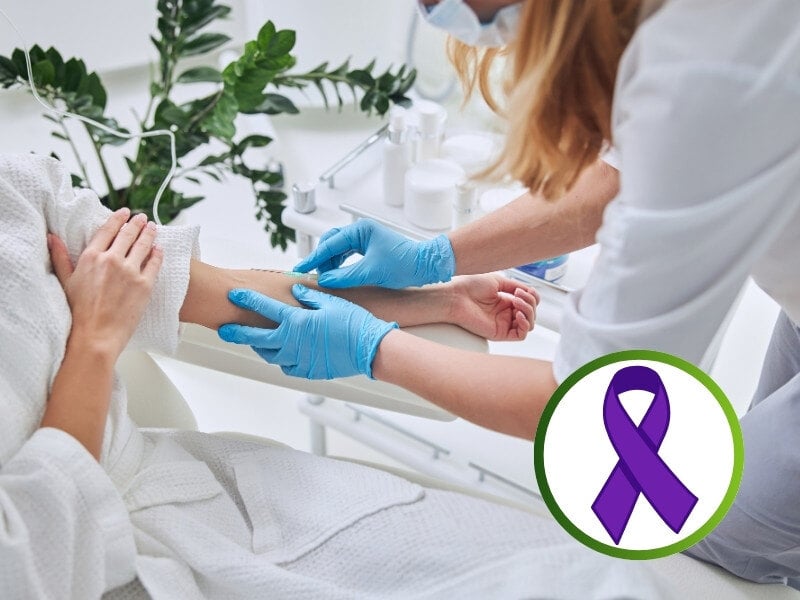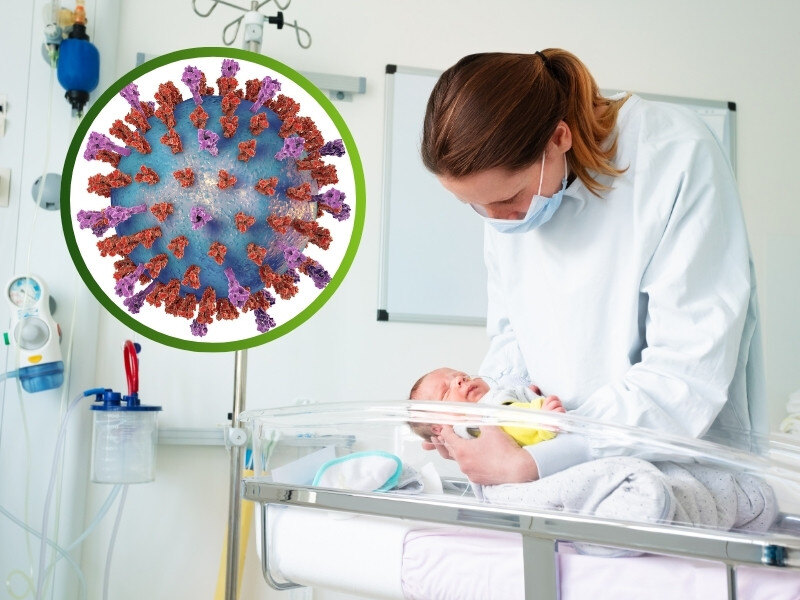Phase II Trial Begins for Recombinant Gelsolin as Immune Regulator in ARDS Patients

US-based biotech BioAegis has announced that it has begun enrolling participants in a phase II clinical trial for recombinant human plasma gelsolin (rhu-pGSN) to treat moderate-to-severe acute respiratory distress syndrome (ARDS).
Susan Levinson, Chief Executive Officer of BioAegis, said: "We are excited to have begun enrollment in this important study. Our commitment is to save lives by addressing the challenges of this complex disease, which is also a major drain on healthcare resources across the globe."
Read more:
ARDS is a severe lung condition linked to high mortality, and the therapy aims to address its inflammatory impact. The syndrome can develop as a severe complication of sepsis, trauma, pneumonia or other infectious diseases. It’s a serious and life threatening condition which involves fluid leakage into the lungs and difficulty breathing. Patients with ARDS require oxygen and mechanical ventilation.
Notably, ARDS was a prevalent complication in patients with severe COVID-19 admitted to the ICU during the global pandemic. The need for critical care equipment in these cases placed great strain on healthcare infrastructure.
Rhu-pGSN is a recombinant form of human gelsolin: a naturally occurring immune-modulating protein which depletes during inflammation. BioAegis say that by supplementing ARDS patients with the recombinant form, they can address over-inflammation by:
- Modulating the activation of the NLRP3 inflammasome and generation of IL-1β-containing microparticles.
- Facilitating uptake and killing of microbial pathogens by macrophages.
- Binding to and removing harmful inflammatory mediators, including toxic free actin.
- Regulating the macrophage phenotype to modulate inflammation.
The randomised, double-blind, placebo controlled trial will administer six doses of rhu-pGSN intravenously to patients with moderate-to-severe ARDS caused by infection. BioAegis are aiming to enrol 600 patients across 75 sites in the US, Canada, UK, and EU countries including Belgium, France, Italy, Germany, the Netherlands, and Spain.
This clinical trial was backed by the Biomedical Advanced Research and Development Authority (BARDA) back in in October 2023, when BioAegis was awarded $20 million to support the development of rhu-pGSN as a treatment for ARDS.








